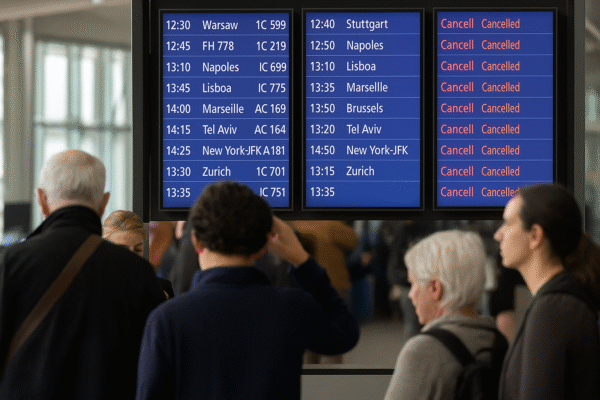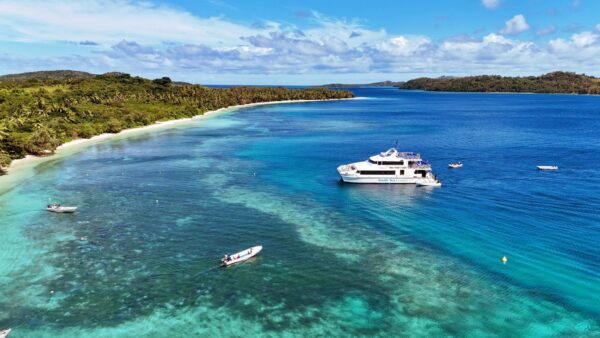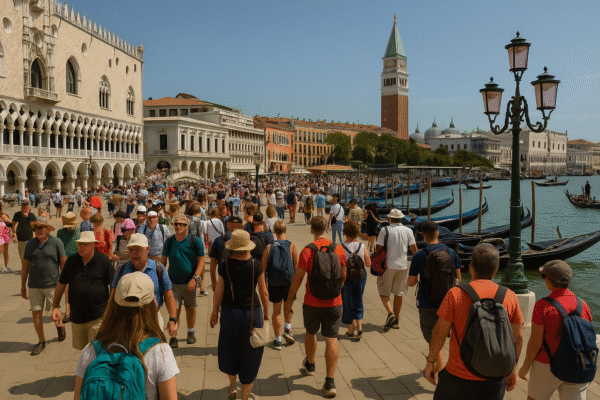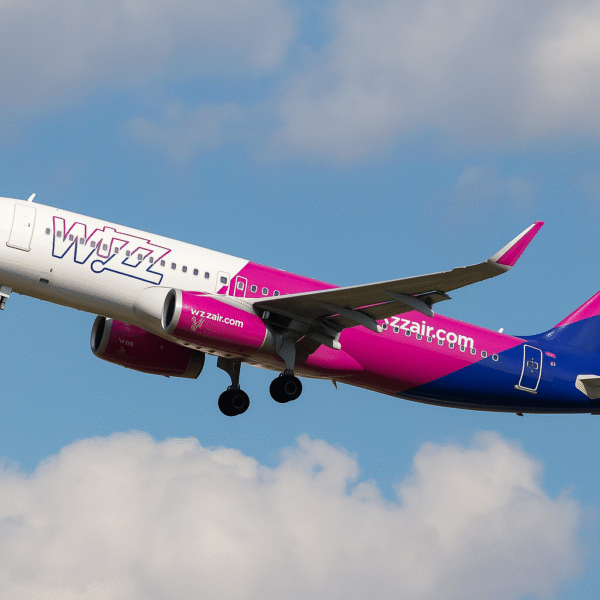DHM Hotels Set New Sustainability Standard with Green Key Certifications in Lisbon and Monte Real
Portugal continues to strengthen its global reputation as a sustainable tourism leader, with Discovery Hotel Management (DHM) announcing that three of its flagship properties have received the prestigious Green Key certification—an internationally recognized label for environmental excellence in tourism.
The newly certified hotels include the Crowne Plaza Caparica Lisbon, Ramada Lisbon, and Monte Real Hotel Termas & SPA, each of which has adopted advanced sustainability initiatives aligned with global climate goals and Portugal’s national tourism strategy.
What Is the Green Key Award and Why Does It Matter?
Awarded by the Foundation for Environmental Education (FEE), the Green Key is one of the world’s leading eco-labels for hotels, resorts, campsites, and restaurants committed to sustainability. Properties must meet rigorous criteria covering energy and water conservation, waste management, sustainable sourcing, environmental education, and community engagement.
Achieving Green Key status not only signifies operational excellence but also serves as a visible commitment to responsible tourism—an increasingly important consideration for international travelers, especially in the European Union, where sustainability is a growing priority.
DHM Hotels: Portugal’s Sustainable Hospitality Pioneer
Discovery Hotel Management (DHM) has made sustainability a cornerstone of its brand identity across its 18 properties. These latest certifications highlight the group’s dedication to green innovation, resource efficiency, and cultural preservation.
At each of the newly certified hotels, sustainability is implemented across multiple dimensions:
1. Energy Efficiency & Carbon Reduction
All three hotels have upgraded to high-efficiency energy systems, including solar panels and smart HVAC technologies. The Crowne Plaza Caparica Lisbon, located just south of the capital, now uses heat recovery systems that cut carbon emissions while reducing operating costs.
2. Comprehensive Waste Management
The hotels have eliminated single-use plastics and introduced waste segregation systems, ensuring that recyclables are properly processed. Staff training and guest participation programs further reinforce a waste-conscious culture.
3. Water Conservation Measures
From low-flow taps and showers to greywater recycling, water-saving technology is now a permanent feature at these properties. These measures are especially important in Portugal’s warmer regions, where water stress is a concern during the summer months.
4. Local Food, Local Impact
Menus at the Ramada Lisbon and Monte Real Hotel Termas now feature locally sourced, organic ingredients, many of which are grown in hotel-run gardens. This not only supports regional farmers but also reduces the carbon footprint associated with food transport.
5. Environmental Education and Cultural Integration
Guests are encouraged to participate in sustainability through interactive programs such as organic gardening workshops, eco-trails, and local artisan showcases. These initiatives promote cultural connection while encouraging responsible behavior.
Sustainable Tourism Is Booming in Portugal
According to the Portuguese National Tourism Authority (Turismo de Portugal), more than 30% of travelers to Portugal in 2024 cited sustainability as a primary factor in their travel planning. This rising demand has prompted the government to invest in green certifications, with the Green Key program being a central tool in national sustainability goals under the REVIVE Nature initiative.
Lisbon, in particular, is transforming into a model green city, supported by an influx of eco-conscious visitors and hotel operators like DHM who are proactively adopting climate-positive practices.
Putting Portugal on the Global Green Travel Map
The recognition of DHM Hotels places Portugal alongside global leaders in sustainable tourism such as Denmark, Sweden, and Costa Rica. Internationally, hotels such as the Four Seasons Seychelles, Soneva Fushi in the Maldives, and Radisson Blu Maldives are fellow Green Key recipients, showing that luxury and sustainability are no longer mutually exclusive.
Monte Real Hotel Termas: Wellness Meets Environmental Wellness
Located in central Portugal, the Monte Real Hotel Termas & SPA combines traditional thermal spa culture with modern sustainability. In addition to using thermal energy for heating, the hotel engages local communities through forest protection projects and cultural preservation initiatives, creating a wellness destination that truly heals both body and environment.
The Road Ahead: More Than a Certification
For DHM Hotels, the Green Key is not an endpoint but a milestone on a larger journey. The company aims to achieve carbon neutrality by 2030 and is piloting biodiversity audits, solar power expansions, and certified sustainable supply chains across its portfolio.
“Responsible tourism is no longer an option; it’s a necessity,” said a DHM spokesperson. “Our mission is to ensure our guests enjoy authentic Portuguese hospitality without compromising the planet’s future.”
Conclusion: A Greener Future for Portuguese Travel
The Green Key certifications awarded to DHM’s hotels are a turning point for Portugal’s tourism industry. They signal not just compliance with global standards but a true commitment to the long-term health of Portugal’s environment, economy, and culture.
As more hotels in the country follow DHM’s lead, travelers can look forward to an expanded selection of eco-certified, experience-rich, and community-rooted stays across Portugal’s cities and countryside alike.
For more travel news like this, keep reading Global Travel Wire


















